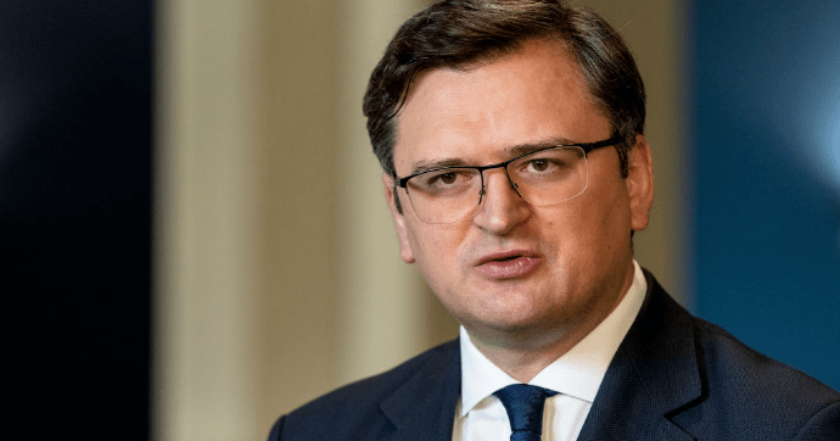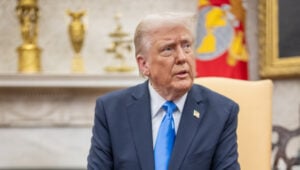"Ukraine will be at the top of the American election agenda next year" – Ukrainian FM Kuleba

Photo: Getty Images
The Minister of Foreign Affairs of Ukraine, Dmytro Kuleba, believes that the issue of Ukraine and assistance to it during the election campaign in the United States should not be tied to the internal political or party agenda.
The Minister of Foreign Affairs, Dmytro Kuleba, expressed this opinion in an interview with Forbes.
Kuleba noted that "two tectonic plates are now coming into contact in the US: strategy and elections.
The first realizes that it is in the strategic interests of America to support Ukraine. Elections are not a strategy but a short-term phenomenon.
The "Ukrainian question" will be at this junction. The whole focus will be on how we can prevent crises and use any situation for the benefit of our state. This is life and politics, and you have to deal with it."
In response to a journalist's question about whether there is a plan to prevent Ukraine from falling off the American agenda against the backdrop of next year's elections, Kuleba noted that supporting Ukraine is in the interests of the US Democratic and Republican parties and all Americans, so it is worth working to ensure that Ukraine's support does not was related to the internal political, electoral or party agenda.
Moreover, during his interview, the Minister of Foreign Affairs acknowledged European sentiments.
He noted that Europe lived in anticipation of a quick end to the war:
"We all lived in anticipation of a quick war. And Putin lived in anticipation of a quick war, only he imagined it differently.
The European narrative at the moment is this – if it lasts long, we will still be with you as long as it takes for you to win. This was heard from the high representative of the EU for foreign affairs and security policy, Josep Borrell, and the ministers.
For Europe, this is an existential war. Europeans understand – it's about them too. They cannot afford not to win together with Ukraine in this war. It will be the end of Europe if Ukraine loses."
For reference:
On October 3, the House of Representatives voted to remove Kevin McCarthy from the Speaker of the House post.
As Rubryka previously wrote, the Republicans in the House of Representatives of the United States removed $300 million in aid to Ukraine from the bill the day before; the Senate would consider these funds separately.
The Republicans took this step contrary to the fact that the leader of their faction in the House of Representatives and Speaker of the House, Kevin McCarthy, promised not to withdraw Ukraine funds from the draft defense budget last week.
It should be noted that the $300 million in question is not related to the $24 billion in additional funding for Ukraine and related expenses that the White House requested in August, which also drew opposition from far-right Republicans.
Against this background, the US Senate agreed to an alternative project of the short-term budget resolution, which, among other things, provides more than 6.1 billion dollars for additional aid to Ukraine, including 4.5 billion dollars for defense spending and more than 1.6 billion for economic support.
Before the vote, the White House expressed confidence that Congress could support additional funding for Ukraine's defense needs despite the situation with McCarthy's removal from office.

















































